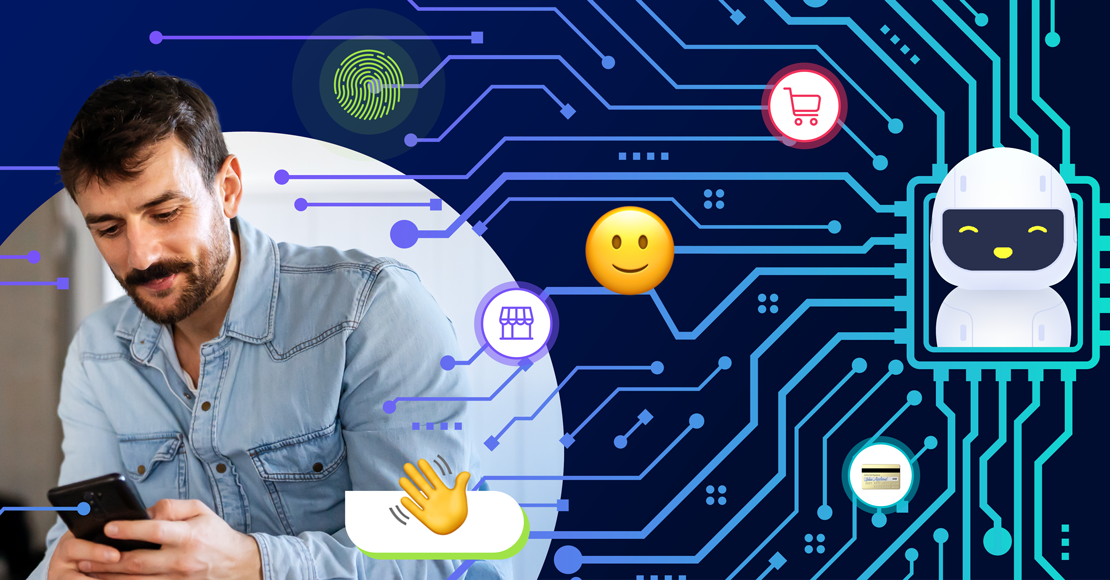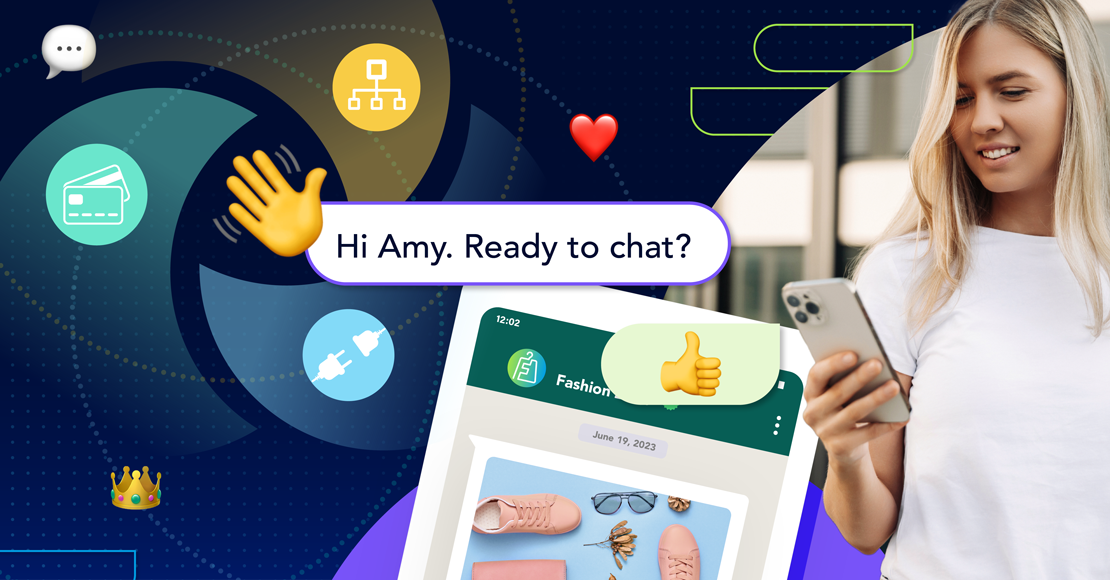
AI creates its own language
It’s 8 in the morning. You’re awake. You’ve scanned the headlines on your phone, replied to an online post, ordered a new summer outfit, locked up the house and you’re listening to some great music on the way to work. You’ve also likely used artificial intelligence (AI) and machine learning at least a half dozen times. Your alarm clock, the local weather update, your summer purchase, the alert on the impending traffic jam and to identify that catchy new song.
Facebook is working on leveraging AI and machine learning
One brand that knows AI surprisingly well is Facebook. Facebook Artificial Intelligence Research (FAIR) is at the forefront of using AI to make the social platform more efficient and effective. One bit of research they’re involved in is using machine learning to improve chatbots. And it has yielded some fairly interesting results.
Can AI think for itself?
FAIR was created at the end of 2013 as a place for basic research centered around teaching computers “common sense”. Researchers at FAIR’s lab were using machine learning to train chatbots to negotiate. They call these chatbots ‘dialog agents’. What they discovered is that, if left to their own devices, the bots were creating their own language. At one point the researchers recorded that they had to tweak one of their models because otherwise, the bot-to-bot conversation “led to divergence from human language as the agents developed their own language for negotiating.” They had to use what’s called a fixed supervised model instead.
AI negotiating skills are incredibly advanced
The bigger picture for the research is that bots can be pretty good negotiators. They even use strategies like feigning interest in something valueless only to later appear to compromise by conceding it – a strategy that’s been used by tradespeople for as long as the trade’s been around. But the fact that they default to an entirely new language – even if that language is gibberish by all standards – is pretty neat. One tech-entrepreneur defined the discovery as “a mind-boggling sign of what’s to come”.
Facebook’s dialog agents don’t evidence that the future’s arrived. Not even close. But they do clearly illustrate how machines are redefining our understanding across different realms, once believed to be exclusively human-like language.
What the future holds for AI
The possibilities surrounding machine learning are enormous. There’s a lot of guesswork around it currently, but with time and institutions like Facebook Artificial Intelligence Research, things are getting clearer. The status quo involves feeding a machine an enormous pile of data and examining the output to try and understand just how the machine thinks. The fact that machines are making up their own non-human ways of conversing is both astonishing and a reminder of how little we know. And there is immense beauty in that. Machine learning is quickly becoming the hottest form of artificial intelligence. As computing systems grow larger and more complex, it’s clear that it is unsustainable to hard code rules for how a computer should interpret data. It’s much easier to follow the biblical injunction to teach a man to fish – or in this case, to teach a computer how to interpret its own data. What comes of this is, at the moment, anyone’s guess.
The researchers concluded their findings in a particularly humble approach. “There remains much potential for future work,” they said, “particularly in exploring other reasoning strategies and in improving the diversity of utterances without diverging from human language.”
If you’re interested in learning how AI can be leveraged to benefit us, read our latest article which outlines three other industries that are already using AI to grow.
Explore other articles
Step into the future of business messaging.
SMS and two-way channels, automation, call center integration, payments - do it all with Clickatell's Chat Commerce platform.








